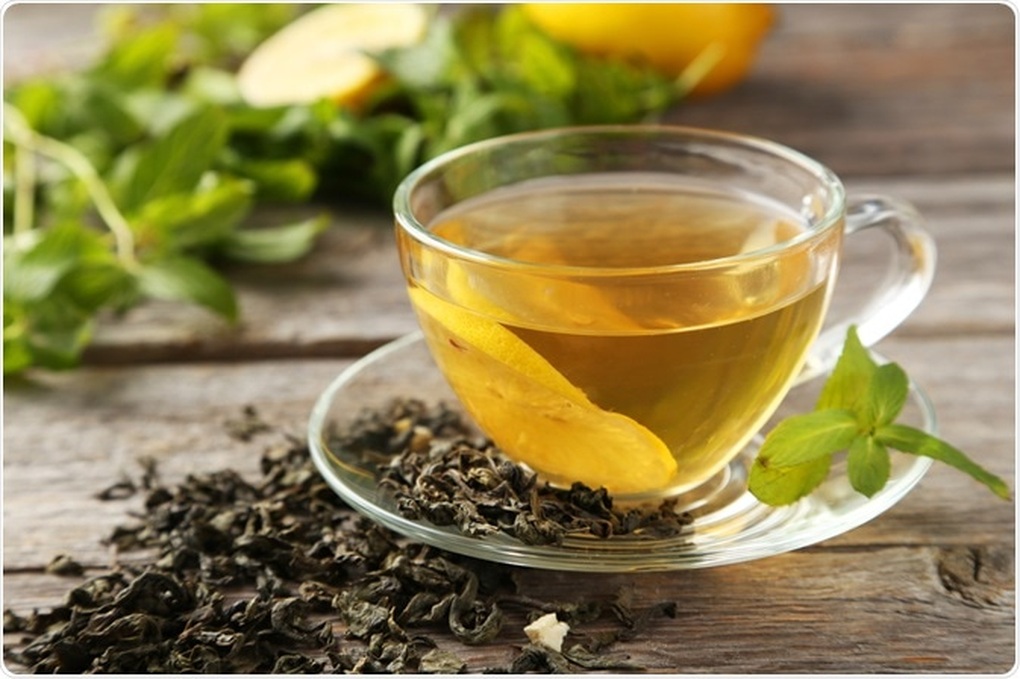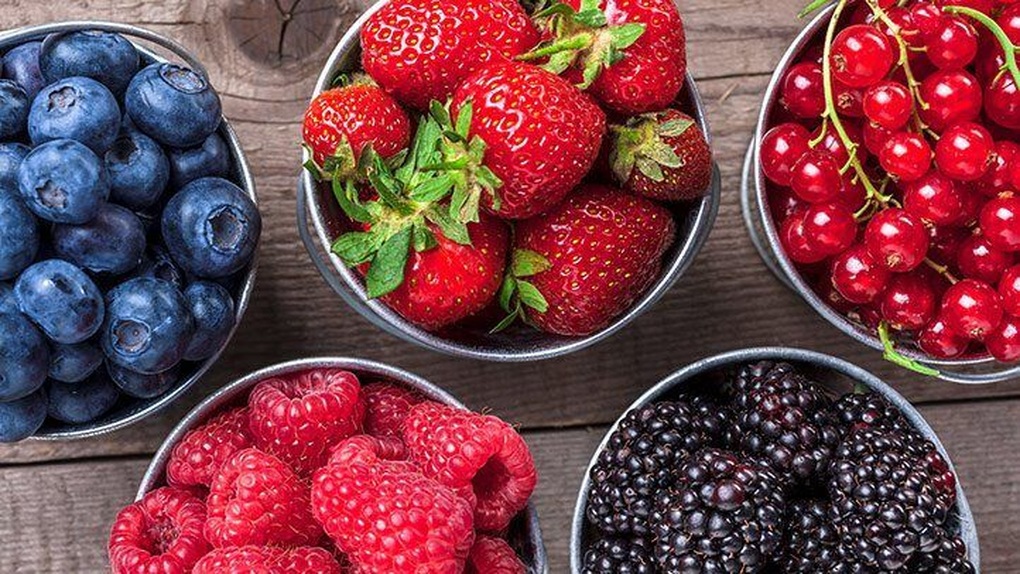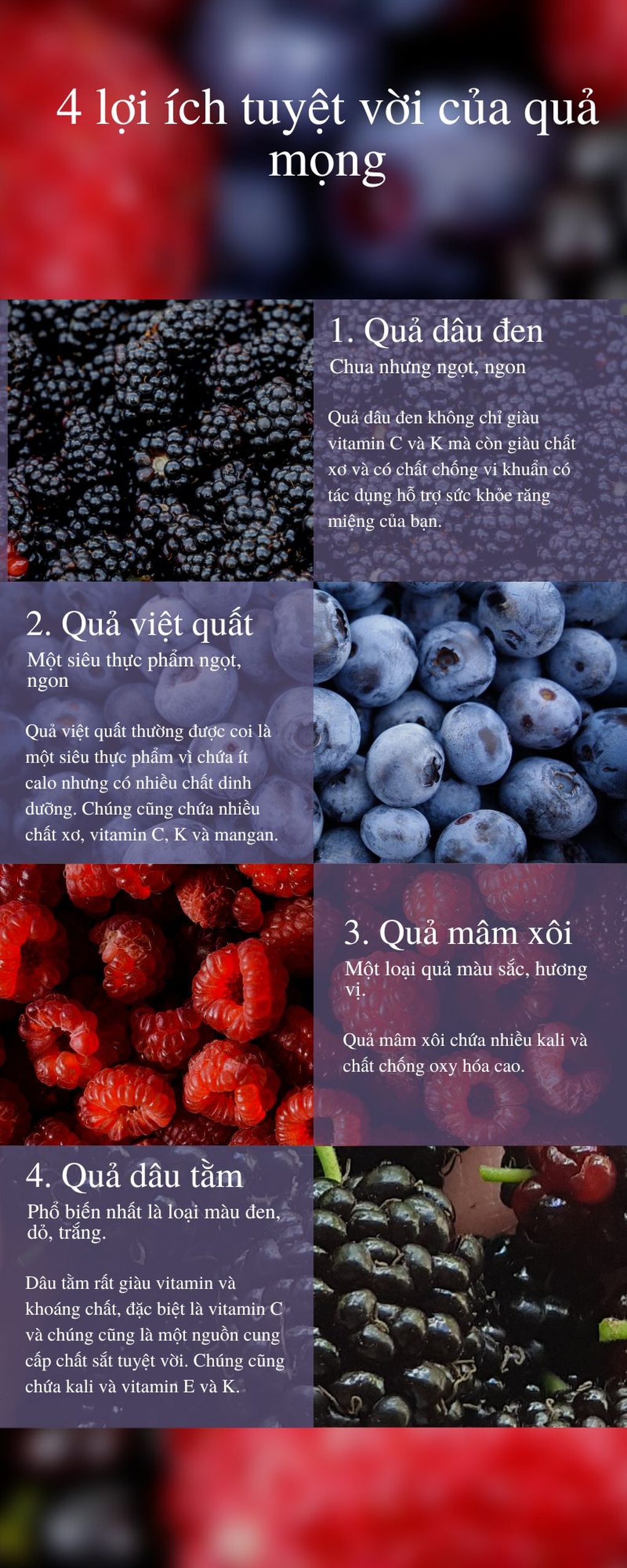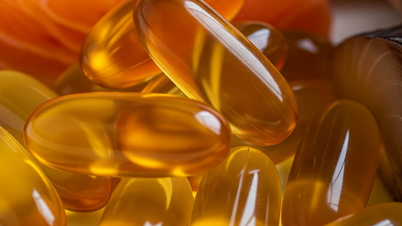How to reverse the aging process?
Biological age is the age of our cells and tissues, which can be higher or lower than our chronological age, which is the number of years we have lived. Factors such as genetics, environmental exposure, sleep habits, stress management, and diet can significantly influence biological age.
According to the New York Post , researchers from the University of Washington (USA) and other organizations wanted to find out how dietary choices can affect DNA methylation, a process that regulates gene activity without changing the DNA sequence.
The more DNA methylation at specific locations in the genome, the higher the biological age.
The authors followed 43 healthy middle-aged men from Portland, Oregon. Participants completed an eight-week program that emphasized a plant-based diet as well as exercise, sleep, and stress reduction.

Drinking green tea regularly brings many health benefits (Photo: Shutterstock).
Researchers determined that people who ate more turmeric, rosemary, garlic, berries, and drank green tea and oolong tea had a greater reduction in biological age.
These 6 foods contain polyphenols, which have antioxidant and anti-inflammatory properties. They may help slow genetic aging by interfering with enzymes involved in DNA methylation.
It's no coincidence that the Mediterranean diet, which promotes heart health and weight control, is rich in polyphenols.
Participants whose biological age was higher than their actual age at the start of the study were more likely to turn back the clock. Unintentional weight loss was a common side effect, but it did not predict a decline in biological age.
These findings were recently published in the journal Aging. However, the researchers acknowledged the small sample size and said future studies should include a larger and more diverse population, as well as newer measures of biological age, to confirm these results.
Diet to reverse aging
The study authors recommend daily consumption of dark green leafy vegetables, cruciferous vegetables (such as cauliflower, cabbage), colorful vegetables, pumpkin or sunflower seeds, beets, lean meats, low-glycemic index fruits (apples, grapefruit, and cherries), and one or more servings from the DNA methylation group.
The options are:
- Berries: Half cup.
- Rosemary: Half teaspoon.
- Turmeric: Half a teaspoon.
- Garlic: 2 cloves.
- Green tea: 2 cups.
- Oolong tea: 3 cups.
Berries

Berries have many health benefits (Photo: Health).
According to Healthline , berries are high in fiber, vitamin C, and antioxidant polyphenols. Blueberries have an impressive nutritional profile, being particularly rich in fiber, vitamin C, vitamin K, and manganese.
Blueberries are also rich in antioxidants. In fact, they are believed to have the highest antioxidant content of any commonly consumed fruit. The antioxidants in blueberries may reduce the risk of chronic diseases, such as heart disease, diabetes, and Alzheimer's disease.
Or raspberries, also known as blackberries, also provide a lot of fiber, vitamin C, ellagitannins, anthocyanins, phenolic acids,... which are effective in reducing the risk of cancer, anti-oxidation, anti-inflammation, diabetes, cardiovascular diseases...
Turmeric
According to the National Institute of Nutrition ( Ministry of Health ), the ingredient called curcumin in turmeric is the ingredient that helps prevent the growth of fat tissue by preventing the growth of new blood vessels, thereby limiting the formation of fat tissue.
Some other studies have also shown that curcumin helps reduce the development of capillary systems in adipose tissue, helps reduce blood sugar levels, reduce triglycerides, fatty acids, cholesterol and reduce fat accumulation in the liver.
Green tea
Green tea contains powerful antioxidants that may support immunity through several mechanisms. Catechins, particularly epigallocatechin gallate (EGCG), are the main antioxidants in green tea that help promote immune function.
Additionally, polyphenols in green tea can positively affect gut bacteria and promote the body's production of antioxidant enzymes.
Some studies show that it can support heart health, prevent certain cancers...
Garlic
Garlic is rich in nutrients. According to research, 100g of garlic contains 6.36g of protein, 33g of carbohydrates and nutrients such as B vitamins (B1, B2, B3, B6), iron, calcium, potassium, manganese, magnesium, phosphorus...
The main effect of garlic comes from allicin. There is no free allicin in fresh garlic, only its precursor, alliin. When garlic is chopped, the enzyme in garlic is activated, stimulating alliin to become allicin.
Garlic is a surprising source of vitamins and minerals. It contains magnesium, selenium, and vitamin C.
The health benefits of garlic include fighting free radicals, fighting high cholesterol and high blood pressure, having antiviral and antibacterial properties, aged garlic may reduce the risk of prostate cancer.
Rosemary
According to Medical News Today , rosemary has many potential health benefits. It contains iron, calcium, vitamin B6, and is a rich source of antioxidants and anti-inflammatory compounds.
Limited research suggests that rosemary may be beneficial for depression, stress, and mood disorders; may have beneficial effects on cognition, including memory and learning ability; anti-aging effects on the skin...
Additionally, rosemary may theoretically be beneficial in preventing and treating cancer.
Numerous test-tube and animal studies show that rosemary blocks the activation of carcinogens, increases antioxidant enzyme activity, reduces tumor-promoting inflammation, and inhibits tumor growth.

Source: https://dantri.com.vn/suc-khoe/6-sieu-thuc-pham-giup-co-the-tre-ra-tung-ngay-20250606071448766.htm





























![[Photo] Nearly 104,000 candidates in Hanoi complete procedures to take the 10th grade entrance exam](https://vphoto.vietnam.vn/thumb/1200x675/vietnam/resource/IMAGE/2025/6/7/7dbf58fd77224eb583ea5c819ebf5a4e)




























































![[OCOP REVIEW] Tu Duyen Syrup - The essence of herbs from the mountains and forests of Nhu Thanh](https://vphoto.vietnam.vn/thumb/402x226/vietnam/resource/IMAGE/2025/6/5/58ca32fce4ec44039e444fbfae7e75ec)







Comment (0)